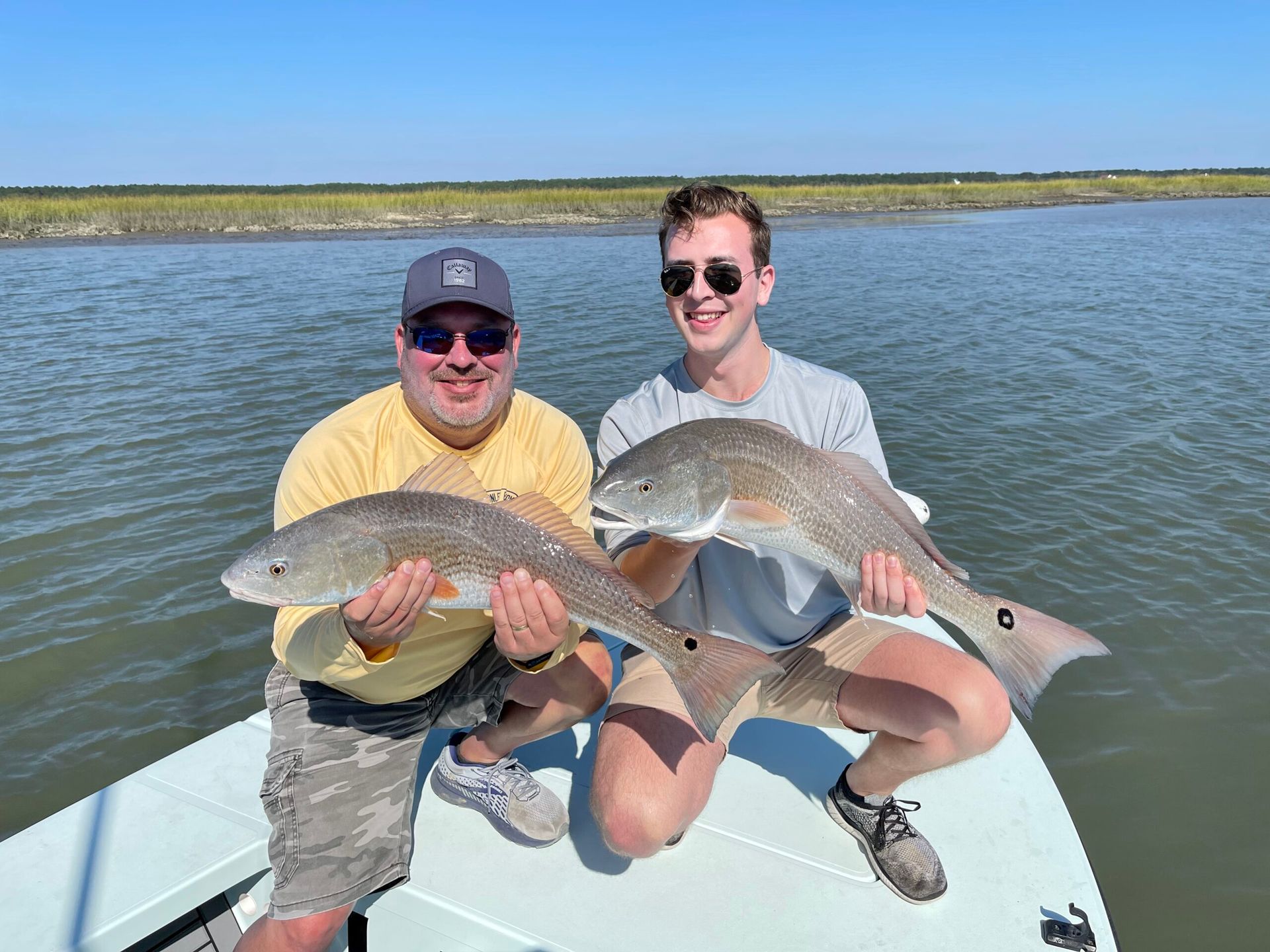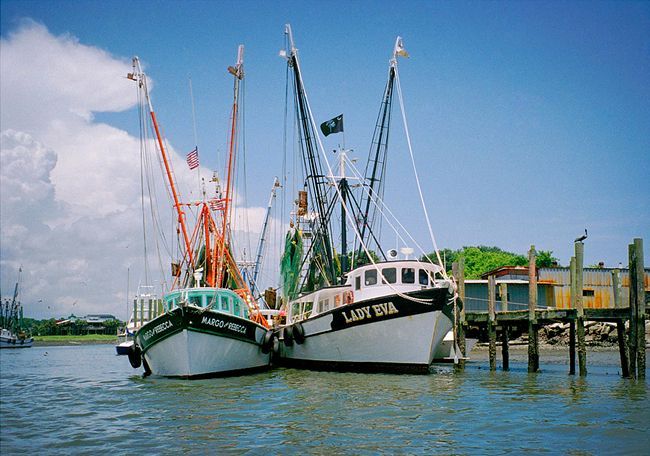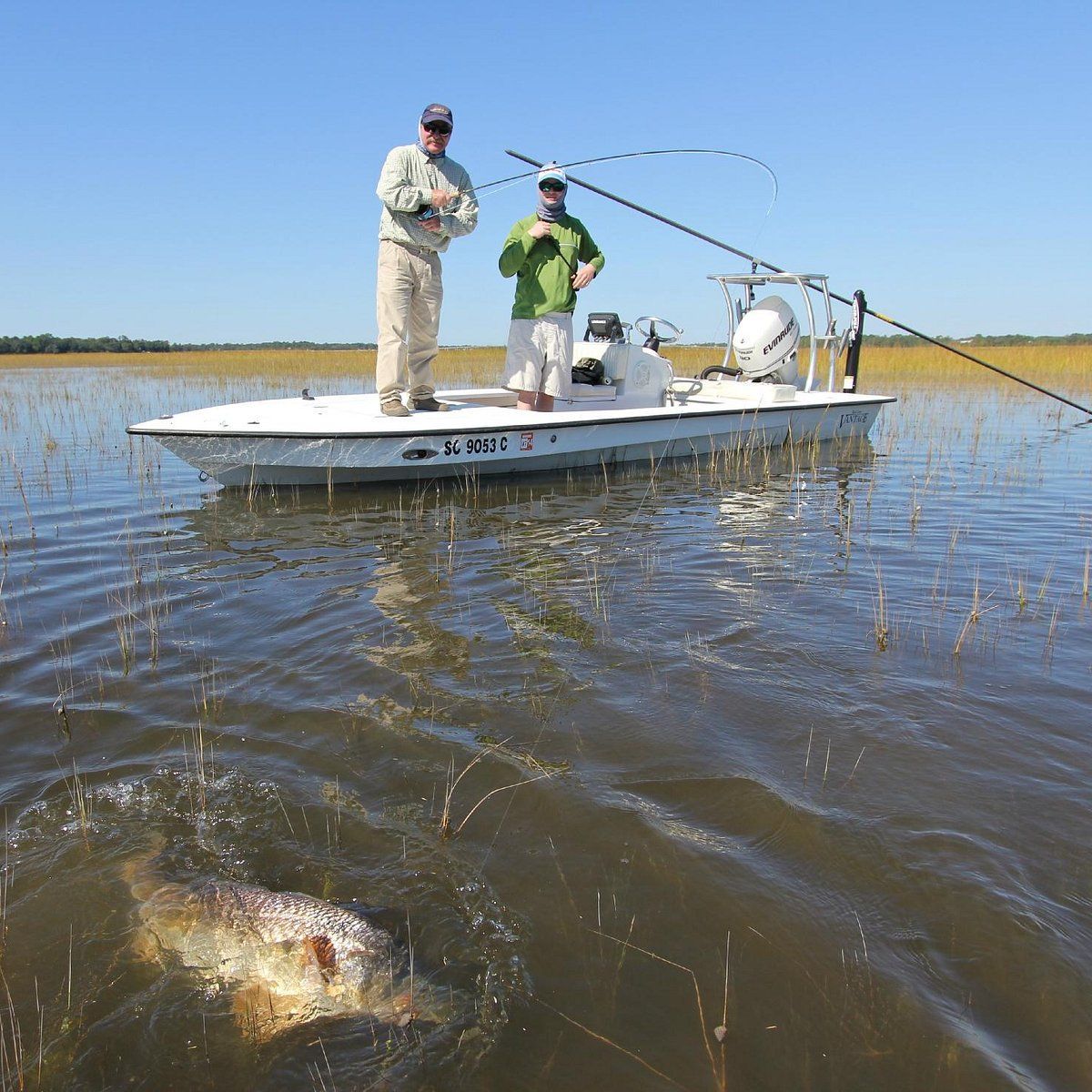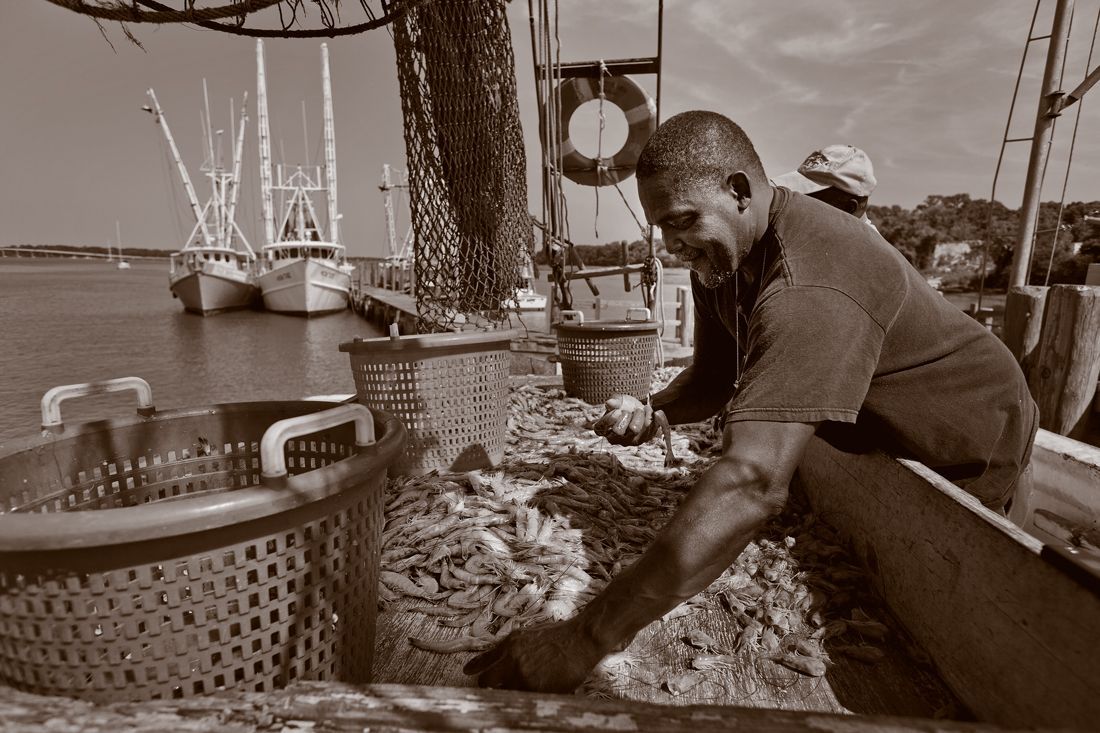The Importance of the Fishing Industry in South Carolina
Sustaining Economy, Culture, and Ecosystems: The Vital Role of Fishing in South Carolina
South Carolina, known for its picturesque coastline and rich cultural heritage, boasts a fishing industry that is integral to its economy, environment, and social fabric. From the bustling ports of Charleston to the serene waters of the Lowcountry, the fishing industry supports thousands of jobs, contributes significantly to the state's economy, and helps maintain the ecological balance of the region's waterways.
Economic Impact
The fishing industry in South Carolina is a cornerstone of the state's economy. Commercial fishing, recreational fishing, and seafood processing collectively generate substantial revenue. According to the South Carolina Department of Natural Resources (SCDNR), the commercial fishing sector alone contributes millions of dollars annually, with shrimp, blue crabs, and oysters being some of the most valuable catches. The seafood industry also supports numerous ancillary businesses, including boat manufacturing, equipment suppliers, and tourism-related services.
Recreational fishing is another vital component, attracting anglers from across the country and beyond. This influx of visitors boosts local economies, as they spend on accommodations, dining, and other recreational activities. Fishing tournaments and festivals further enhance the economic benefits, drawing large crowds and media attention to South Carolina's coastal communities.
Employment Opportunities
The fishing industry provides a wide range of employment opportunities, from fishers and seafood processors to boat builders and tour operators. For many coastal communities, fishing is a way of life passed down through generations, offering both direct and indirect employment. The industry's demand for skilled labor supports job creation and helps stabilize local economies, particularly in rural areas where alternative employment opportunities may be limited.
Environmental Stewardship
Sustainable fishing practices are crucial to preserving South Carolina's marine ecosystems. The SCDNR and various environmental organizations work closely with the fishing industry to implement regulations and conservation measures that protect fish populations and habitats. These efforts include monitoring fish stocks, enforcing catch limits, and promoting the use of environmentally friendly fishing gear.
The health of South Carolina's waterways is vital not only for the fishing industry but also for the broader ecological balance. Healthy fish populations contribute to the overall health of the coastal ecosystem, supporting a diverse range of marine life. By prioritizing sustainability, the fishing industry helps ensure that future generations can continue to enjoy and benefit from the state's rich aquatic resources.
Cultural Significance
Fishing is deeply embedded in South Carolina's cultural heritage. Coastal communities celebrate their fishing traditions through festivals, seafood cook-offs, and historical exhibits. These events highlight the importance of fishing to the state's identity and foster a sense of pride among residents.
The state's culinary scene is also heavily influenced by its fishing industry. South Carolina is renowned for its seafood cuisine, with dishes like shrimp and grits, she-crab soup, and Lowcountry boil showcasing the bounty of its waters. These culinary traditions attract food enthusiasts and contribute to the state's tourism appeal.
Challenges and Future Prospects
Despite its many benefits, the fishing industry in South Carolina faces several challenges. Climate change, habitat degradation, and overfishing are ongoing concerns that require adaptive management strategies. Additionally, competition from international markets and fluctuating seafood prices can impact the industry's economic stability.
To address these challenges, continued investment in research, technology, and infrastructure is essential. Collaborative efforts between government agencies, industry stakeholders, and conservation groups will be key to ensuring the long-term viability of the fishing industry. By embracing innovation and sustainability, South Carolina can preserve its fishing heritage while adapting to an ever-changing environmental and economic landscape.
Conclusion
The fishing industry in South Carolina is a vital part of the state's economy, culture, and environmental stewardship. It supports thousands of jobs, contributes to local and state revenue, and plays a crucial role in maintaining the ecological balance of coastal ecosystems. As the industry navigates future challenges, a continued focus on sustainability and collaboration will be essential to preserving this cherished way of life. Through these efforts, South Carolina's fishing industry can continue to thrive and provide lasting benefits to the state and its people.



